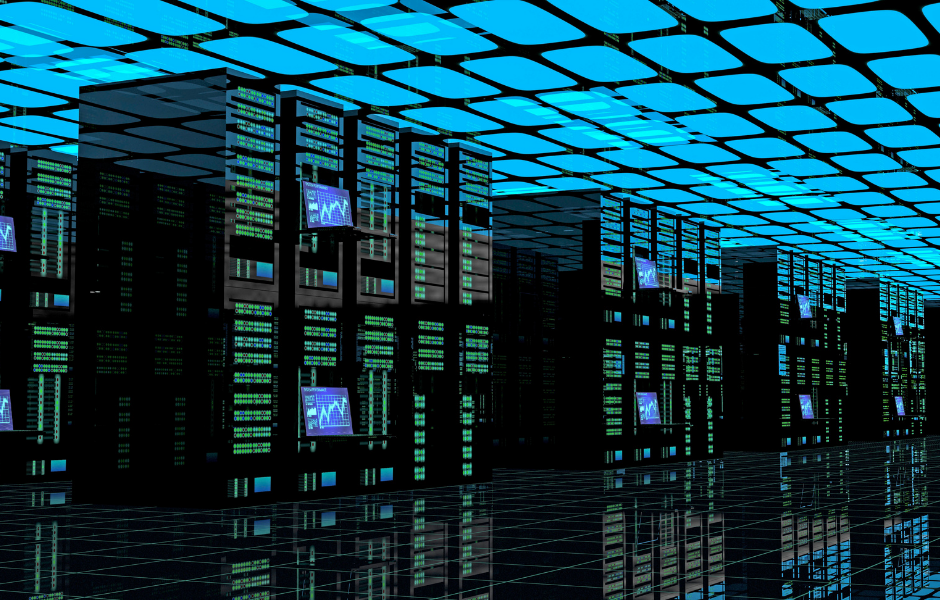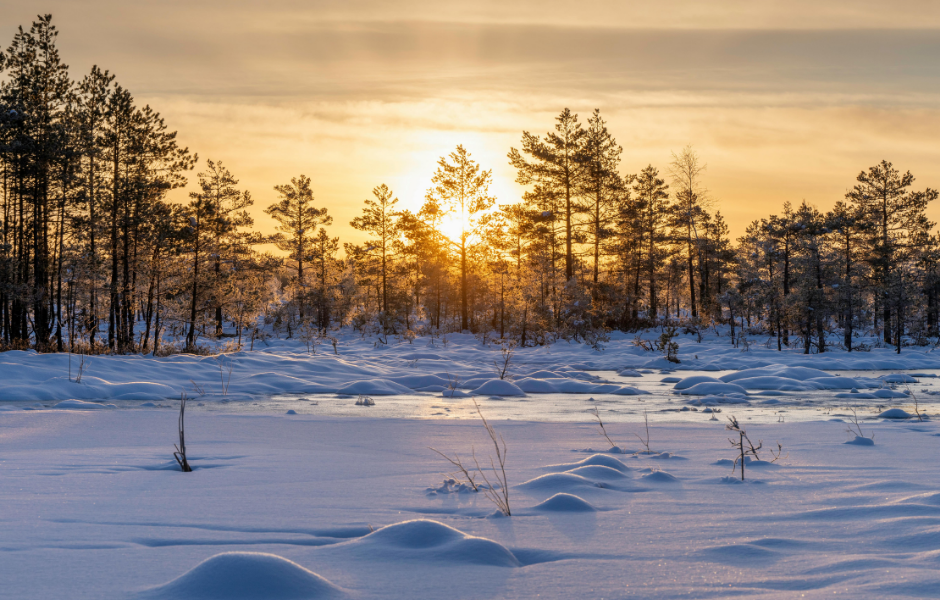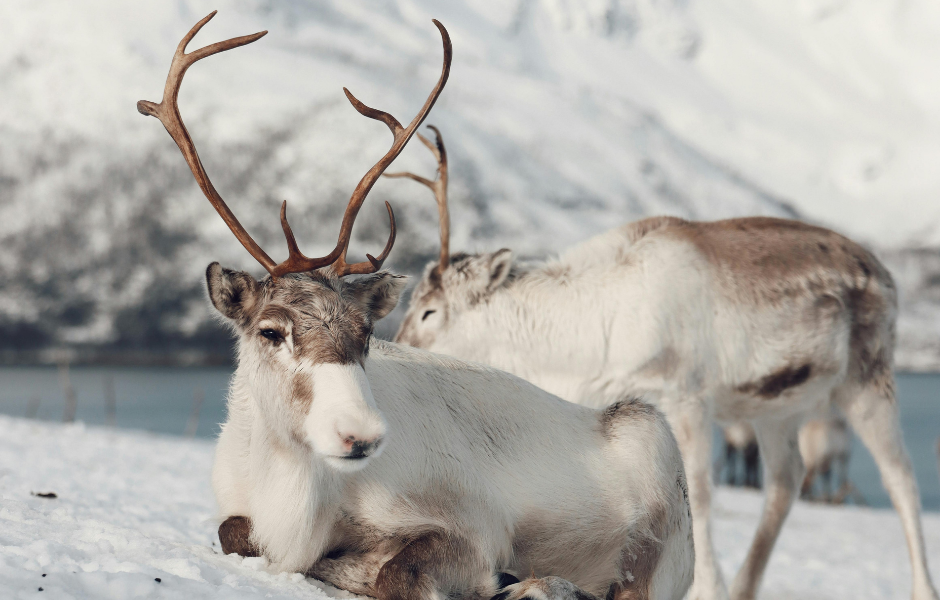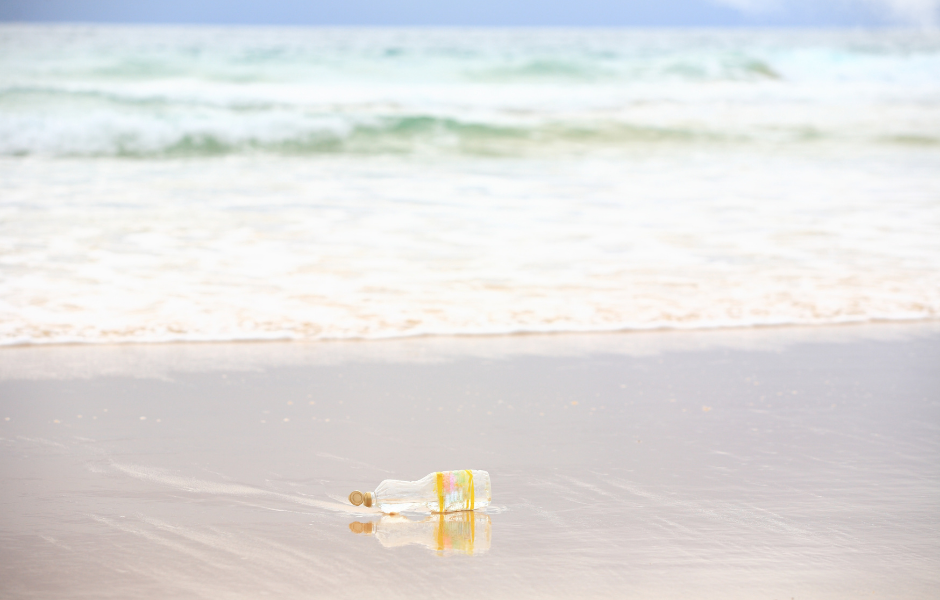
This children’s article, Marine pollution explained for kids: why the ocean needs our help, has been written for native English speakers and learners of English as a second or foreign language. It can help children practise reading and comprehension, learn useful vocabulary, and understand one of the biggest challenges facing our oceans today. Written by Sinead O’Carroll, an experienced teacher and writer.
What is marine pollution?
Marine pollution happens when harmful substances enter the ocean. These substances can come from land, ships, or even the air. They harm sea animals, plants, and sometimes people too.
Pollution in the ocean has many causes. Rubbish like plastic bottles and bags often ends up in the sea. Oil spills from ships create thick layers on the water’s surface. Factories and farms may release chemicals that flow into rivers and then into the ocean. Even noise from ships can disturb whales and dolphins.
Why is marine pollution a problem?
The ocean is home to millions of creatures. Fish, turtles, seabirds, and corals all need clean water to survive. When the ocean is polluted, animals can get sick or die. For example, turtles sometimes mistake plastic bags for jellyfish and eat them.
Pollution also affects people. Many communities depend on the sea for food. If fish are poisoned by chemicals, it can make people ill. Dirty beaches and polluted water also make it harder for families to enjoy the coast.
Healthy oceans are important for the whole planet too. Just like trees, oceans help clean the air by absorbing carbon dioxide and producing oxygen. When the seas are damaged, the Earth’s balance is affected.
Can we stop marine pollution?
Yes, we can. People around the world are working to reduce ocean pollution. Organisations and volunteers are collecting rubbish from beaches and the sea, using special nets to catch floating waste, and teaching communities how to recycle. Governments have created laws to limit how much plastic and chemicals factories release into rivers and oceans.
Every small action helps. Picking up litter, using reusable bottles, and learning about the ocean are simple ways to make a difference. Protecting the sea is important, not only for animals but also for people and the whole planet.
For more information, you can explore UN Environment Programme – Marine Pollution.
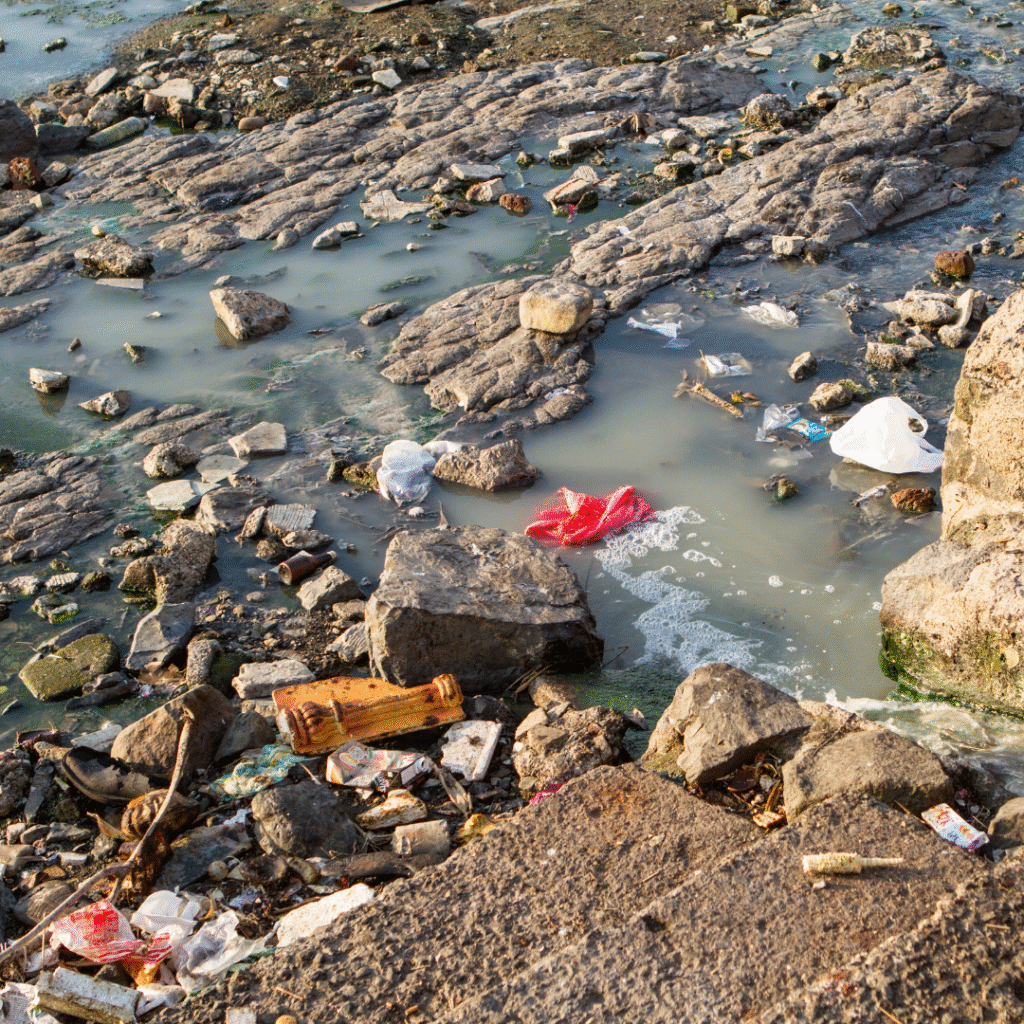
Article vocabulary list
- Marine – related to the sea.
- Pollution – harmful materials that make the environment dirty.
- Substances – materials or things, especially those used or made by humans.
- Oil spill – when oil accidentally leaks into the sea.
- Chemicals – substances made by factories or used in farming that can harm nature.
- Survive – to stay alive.
- Recycle – to process used materials so they can be made into new things.
- Reusable – something that can be used again and again instead of thrown away.
Comprehension questions
Just click the plus (+) to see the answer
1. What does marine pollution mean?
a) Animals living in the sea
b) Harmful substances entering the ocean
c) Waves and tides in the ocean
Answer: b) Harmful substances entering the ocean
2. What do turtles sometimes mistake plastic bags for?
a) Fish
b) Jellyfish
c) Seaweed
Answer: b) Jellyfish
3. How can oil spills harm the ocean?
a) By creating thick layers on the water’s surface
b) By feeding fish
c) By making the water taste salty
Answer: a) By creating thick layers on the water’s surface
4. What are two ways people can help reduce marine pollution?
Example answers: Recycling plastic, using reusable bottles, picking up litter.
5. What are people doing to reduce ocean pollution?
a) Collecting rubbish from beaches and the sea
b) Using special nets to catch floating waste
c) Creating laws to limit factory pollution
d) All of the above
Answer: d) All of the above
Sinead is a writer and EFL teacher with eight years’ experience. She’s a native English speaker who loves making news stories fun and easy to understand for children around the world. Her passions include travel, animals, and helping to make the world a kinder, more sustainable place.

